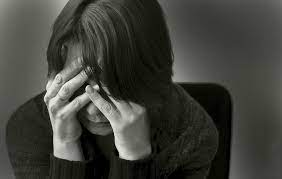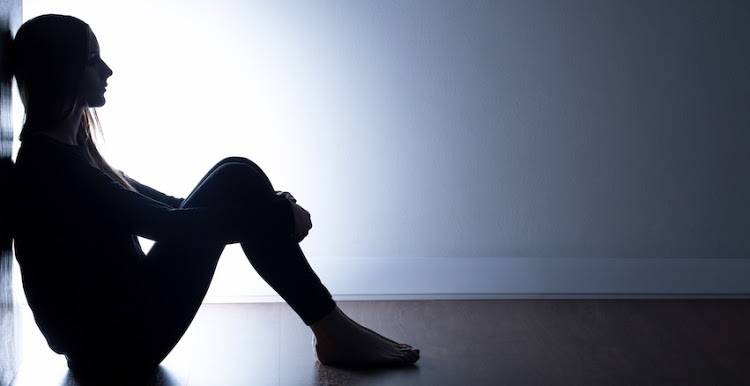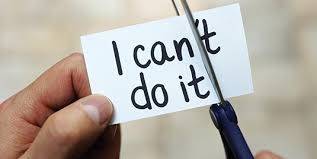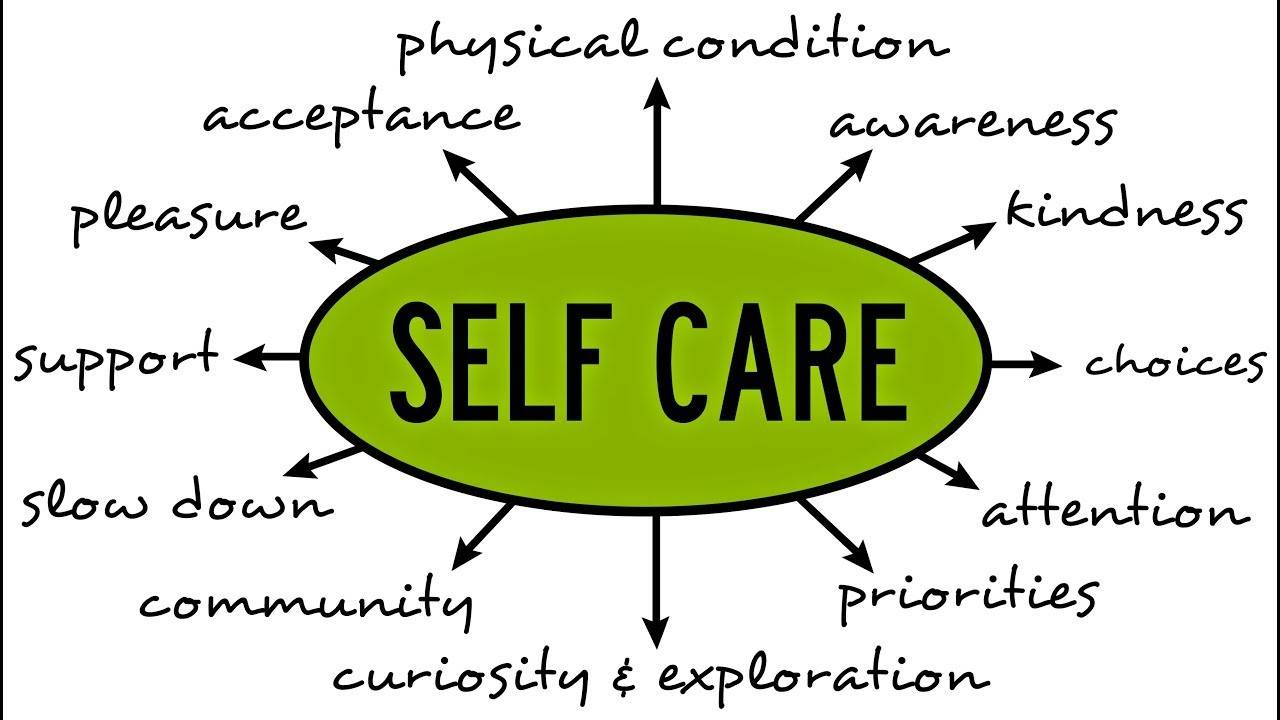blogger | Posted on |
How to Fight Depression without Medication Help
0
1355 Views
The problem known as depression can range from mild sadness to a fatal illness. Medications are usually recipes to combat depression.
People undergoing significant and debilitating symptoms of depression may find in drug therapy the best option for improving the quality of life.
If you would rather fight depression without medication help . However, there are many simple and effective strategies to test, especially if you are dealing with a case of mild sadness or situational depression triggered by life circumstances.
These steps can be helpful when used together with medications for serious depression.

Method 1: Changing Thinking Patterns
1. Fight manageable problems. Not all problems have direct solutions; depression can be exacerbated by issues beyond your control, such as health, financial problems and the death of a loved one. To overcome the harshest problems in life, it is helpful to address what can be changed. What minor obstacles in life can cause daily negativity? Practice overcoming them and you'll gain the strength to face bigger issues.
2. Set goals to solve your cases. Think of concrete ways to improve the situation. Is your house excessively messed up? You can fight something like that. Create a detailed plan to clean the house, room by room, and allow yourself to feel the satisfaction of each mission completed.
3. Record your progress in a journal. Sometimes the simple act of writing a goal provides motivation for change to happen.
4. Express yourself. Depression tends to make people withdraw from life and avoid communication with others. This only worsens when emotions are stifled. Your feelings have value because they are part of you - find a way to express them.
5. Do not spend too much time alone. Talk daily with friends, family and colleagues. There is no need to talk about depression: be yourself and talk naturally.

6. Writing, dancing, the visual arts, music, and other types of art can be extremely therapeutic forms of expression.
7. Do not be afraid to express sadness, fear, anger, anxiety, and other emotions that accompany depression. These feelings are part of life, as well as happiness and fulfilment. Hiding the emotions will embarrass you and will make you feel worse.
8. Cultivate your spiritual side. Many people find that spirituality helps them find peace and deal with depression.
9. Try meditation which focuses on developing patterns that lead to self-reflection and peace. Search for meditation groups in your area or practice alone.
10. If you are religious, consider participating more in ecumenical cults and get involved in groups that meet regularly. Spending time with your peers will give you the comfort of being part of a community.
11. Be gentle with yourself. Depression can cause extremely negative feelings about the abilities and personality of others. Focus on what you like about yourself and the positive things you have to offer instead of complaining about what is wrong.
12. Do not blame yourself for being depressed. Depression affects almost everyone at one time or another. You are not weak or cowardly; you have a condition that can be debilitating and you are taking the actions to face it. This is bravery.
Method 2: Changing activity patterns

Spend time outside. Breathe fresh air by reconnecting with nature and coming in contact with sunlight recovering vitamin D levels. This all improves mood. Spend time outside the house every day. When possible, leave the city and go for a walk in the woods or drive to the nearest lake.
If it is too cold, open the curtains and let the natural light invade the house.
Keep yourself busy. Dedicating yourself to a busy routine is important to escape from melancholy. If you do not have a job or classes, take a book or a notebook to the nearest coffee shop. Do not waste a day of existence just for being sad.
Make a list of things that need to be done weekly and check what has been achieved.
Accept responsibilities. Giving up responsibilities during the depression can generate feelings of inadequacy and misfortune. Offer to take an older relative to the supermarket and be extremely reliable.
Exercise daily. Moving the body is a way to relax the mind - in fact, it has been proven that physical exercise decreases anxiety and depression. Find a joyous exercise such as walking, practising yoga, swimming or pedalling and repeat daily.
Do not worry about exercising to lose weight. Focus on the well-being that the body brings. Feel the heart beating and the breath catching.
Work out with a friend to have more fun. Try to walk weekly with a friend or relative.
Method 3: Practicing self-care

Eat foods with antidepressant properties. In addition to maintaining a balanced diet, increase the amount of food that helps fight depression. Foods containing omega 3 fatty acids such as salmon, sardines and walnuts, and foods with other healthy fats like coconut oil and avocados are spectacular.
Try supplements. There are many supplements on the market that serve as antidepressants. Talk to your doctor before adding them to the routine. Certain products have many contraindications.
• St. John's Wort is a popular supplement that apparently treats depression and anxiety.
• 5-Hydroxytryptophan (5-HTP) is derived from an African plant and serves as a natural mood stabilizer.
• S-Adenosyl Methionine (SAM or SAM-E) replaces natural compounds to stabilize mood.
• Green tea contains L-Tianina, a natural antidepressant that can be taken in pill form or consumed in tea.
Cut off alcohol and drugs. Alcohol and drugs can relieve the symptoms of depression in the short term, but they almost always make things worse after a while. To gain complete control over emotions, it is best to cut off these harmful substances altogether.

Alcohol is a depressor that normally reinforces negative feelings, even when consumed for pleasure.
If you are struggling with an alcohol or drug addiction, it is important to get treatment right away. You will not be able to get out of depression alone without outside help. Contact AA or NA local for more information.
Seek out a therapist. When you can not feel comfortable fighting depression alone, seek medical advice. Therapists are trained to help develop new patterns of thinking and behaviour that relieve depression by preventing it from occurring again. Your therapist will develop a treatment plan focused on your needs.
here is strong evidence that speech therapy, a particular cognitive therapy that focuses on changing thinking patterns, can be effective in curing depression, either on its own or when combined with medications.
Conclusion
Do not stop taking a prescribed medication for depression. Your condition may get worse. Abstinence from certain medications causes serious side effects. Discuss how to reduce dosage or discontinue medications with your doctor and proceed as recommended.Talk to your doctor before you start using any natural remedies or supplements, as such products may interact with medicines usually ingested.
